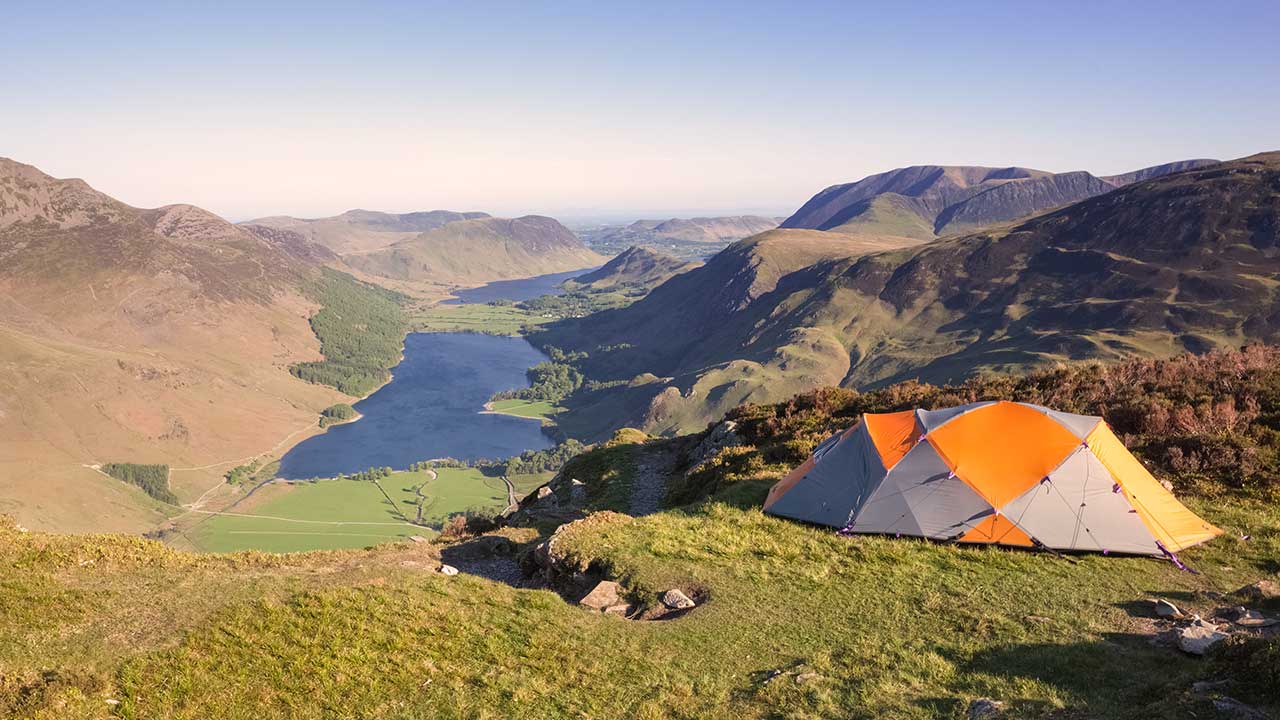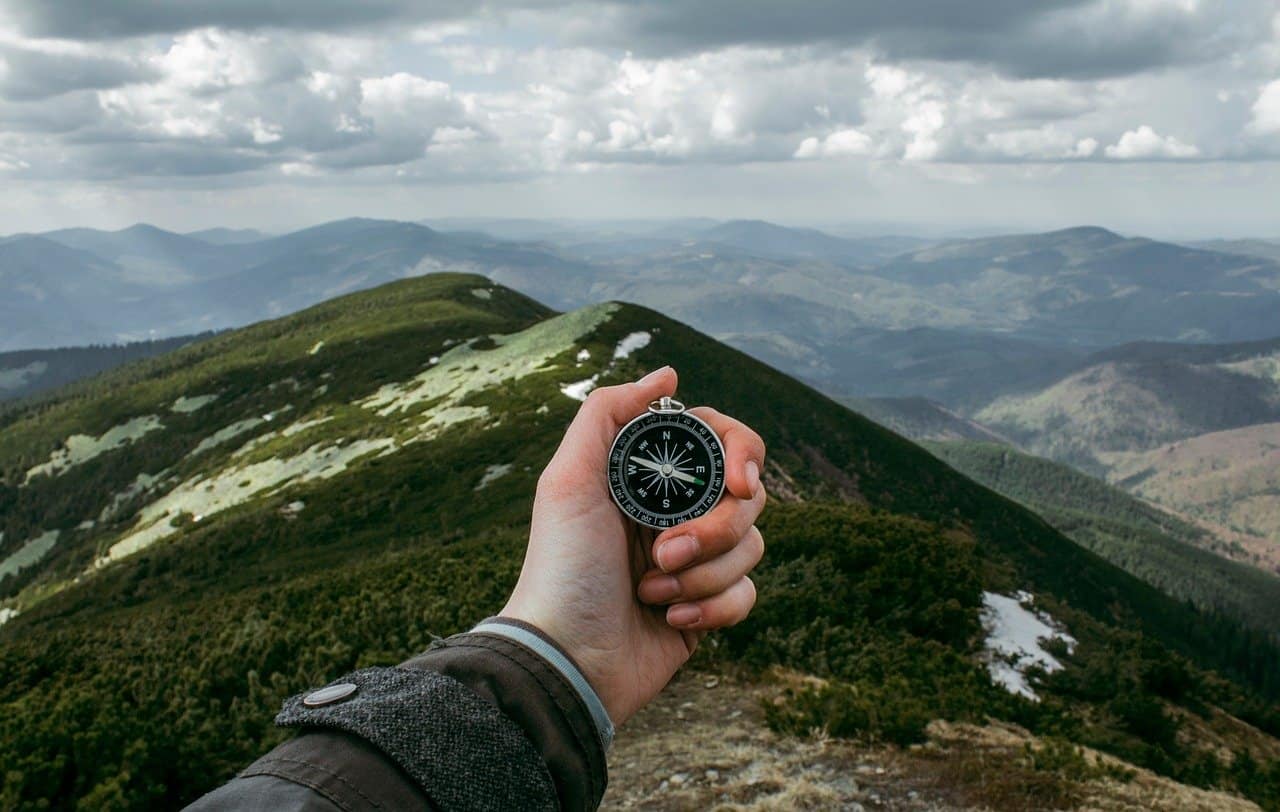
- RESEARCH YOUR WILD CAMPING SPOT BEFORE YOU GO
You can get yourself into a bit of bother by pitching where you're not allowed, or worse yet get yourself a fine from the police or local authorities. But a quick Google search should reveal whether or not wild camping is legal in the area you're aiming for, and you'll no doubt pick up some other valuable tips from local experts while you're there. Another great way to do this is to find a local Facebook group focused on the outdoors in the area you're heading to, or call a local outdoor centre, as not only will they be able to tell you the legalities of it all, they’ll be able to give you specific local tips for wild camping tips as well.
- PUT YOUR FOOD IN SPECIAL CONTAINERS AND BIN THE PACKAGING BEFORE LEAVING
You don't want to wake up in the middle of a night to a moose popping his head in your tent, do you? A good wild camping tip here is to bring reliable, sealable food containers, even if the food you've brought with you is already packaged. Animals, particularly the larger, North American ones, will have no problem coming up to your tent to see what's going on if they can smell food. There's even a market for bear-proof storage containers online, proving that this isn't just a wild camping tip, it's a wild camping industry!

- MAKE SURE YOU'RE FAR FROM THE WATER SOURCE WHEN YOU NEED TOILET
The most important wild camping tip for relieving yourself in the wild is that you do it considerately. Make sure you choose your wild camping toilet site at the very least 50 metres away from any nearby water source, for the benefit of all local wildlife and dig a hole in the ground that is roughly 15-20cm. Enough to cover it properly.
The unfortunate downside to pooing in the wild is that you really shouldn't leave any toilet tissue in the ground with the waste, as it'll take a long time to decompose and will likely, at some point, be found and dug up by some poor animal. You need to carry it with the rest of your waste. A great wild camping trick here is to bring sealable, ideally compostable or degradable bags for the paper you use, ensuring there won't be a rotten smell coming from your backpack.
- MAKE A WATER FILTER YOUR NEW BEST FRIEND
The wild camping tip here is to get yourself a water filtration system. There are quite a few on the market now. This basically means you can pick up water from any old river and drink safely in the knowledge that it's bacteria free. Though if you've followed tip three alright, it should at least already be clear of any human waste.
- BRING A DECENT GAS CAMPING STOVE
By bringing a gas wild camping stove with you, you'll make sure you leave no trace while you're cooking. You can get great, inexpensive options on the market now that come with windproof devices and regulators that make them far more reliable.

- YOU CAN’T BEAT A MAP AND A COMPASS
If you want to keep yours going longer than normal, there are a bunch of great options for portable chargers that you can take wild camping – we'd recommend looking for one that is solar powered – but at the end of the day, you can't beat the reliability of a map and a compass.
- TRAVEL AS LIGHT AS YOU CAN
To avoid claustrophobia, if this is your first wild camping trip, you'll maybe want to start with something with a bit more room and see how you get on... but don't bring your dad's heavy eight-person tent into the hills. You'll regret it within about an hour of starting the hike.
Travelling light is probably the most important thing to remember when you're picking up your gear – whether it's something small like the head torch or insect repellent, or something bigger like the sleeping bag, mat or tent. Every gram adds up and the less you can carry, the more enjoyable your hike will be. And it's less a wild camping trick than it is sage advice, but make sure you pack properly too, with the heaviest stuff at the bottom to help your back out.

